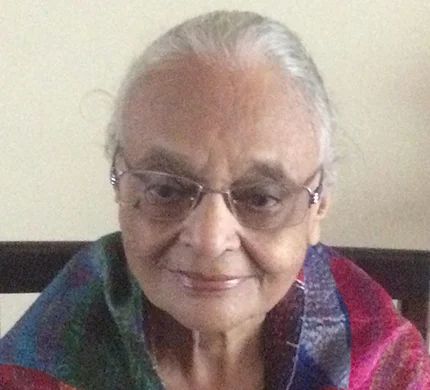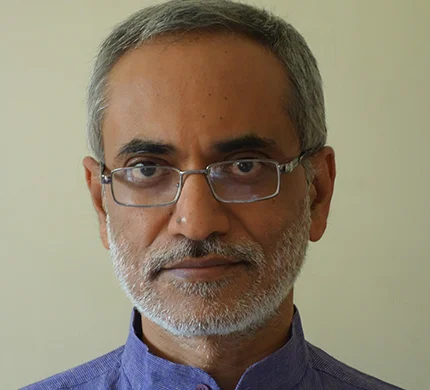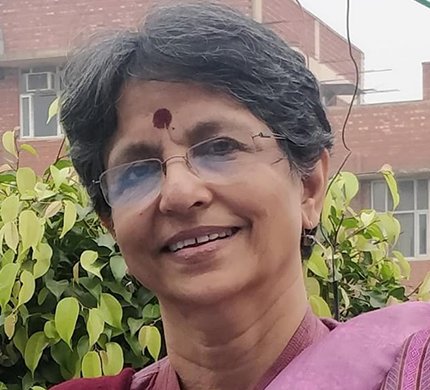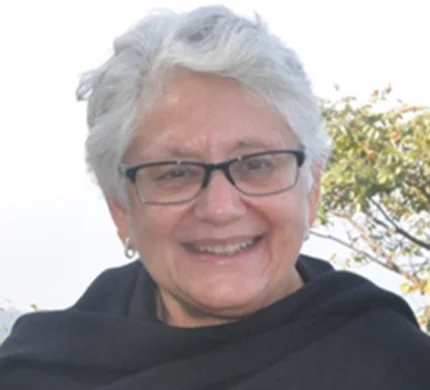The TESF India Pandemic Study
In this podcast series- ‘The TESF India Pandemic Study’ we discuss the impact of the first wave of the pandemic on the education, livelihood, and health of the most vulnerable and marginalised sections of society in India. In episodes 1 and 2, the impact of school closure in Delhi is discussed. Episodes 3 and 4 assess the impact of the closure of higher education institutions in Bengaluru; and Episodes 5, 6 and 7 provide insights on how the loss of income impacted the lives of informal workers in Tiruchirappalli (Trichy). Each episode will close with an expert opinion on key takeaways and policy recommendations.
List of Episodes
School Education
In this episode, students from government and private schools talk about their experiences of attending school online – what worked, what didn’t; their struggles and anxieties. The focus is on five different aspects: barriers in accessing virtual classrooms, gender disparities, the pressure of attending online classes, pedagogical challenges in online schooling, and the misuse of internet access – an emerging issue, as children spend more time online.
This episode discusses four major impacts. First, how the closure of several low fee-paying (LFP) private schools led to a high increase in enrolments in state schools, creating possibilities to revive the state school system. Second, as a large number of teachers working on contract were laid off during the pandemic, it augmented the problem of teacher shortage. Third, increasing surveillance over online platforms from diverse authorities – parents, school administration and state officials – destroyed whatever little freedom teachers enjoyed with their children in the corporeal classes. Fourth, the bulk of government school teachers were roped in for COVID-19 related duties, leading to health risks and fatalities.
Higher Education
The impact of the lockdown on faculty, students and research scholar on four specific aspects – classroom experience, practice-based learning, research activities, and emotional health and mental wellbeing is explored is this episode.
This episode explores how the pandemic-induced shift to online teaching and learning deepened existing inequalities and vulnerabilities that plague the higher education system in India. The gendered impact of the pandemic and the responses by higher education institutions to address some of these evolving challenges are explored.
Livelihoods
In this episode, we discuss how informal workers experienced the loss of income as they were unable to go out and work. Their struggle to meet basic needs such as food, rent and electricity and their desperate attempts to step out to work in order to survive during the lockdown are highlighted.
The different coping strategies adopted by informal workers to survive the lockdown and the pandemic are discussed in this episode. The various self-help measures adopted such as borrowing money, pledging valuables, utilizing savings or finding alternative income-generating avenues in order to deal with economic disruption are highlighted. In addition, participants narrate their experiences of getting relief from the Tamil Nadu state government and highlight the assistance from non-state actors such as their employers, customers, philanthropists, and individuals who work with NGOs and civil society organisations.
The final episode talks about how the economic downturn and COVID-19 restrictions hampered informal workers’ attempts to rebuild their lives. The podcast concludes with an overview of the key takeaways from this research and recommendations for education policy and the urban.





